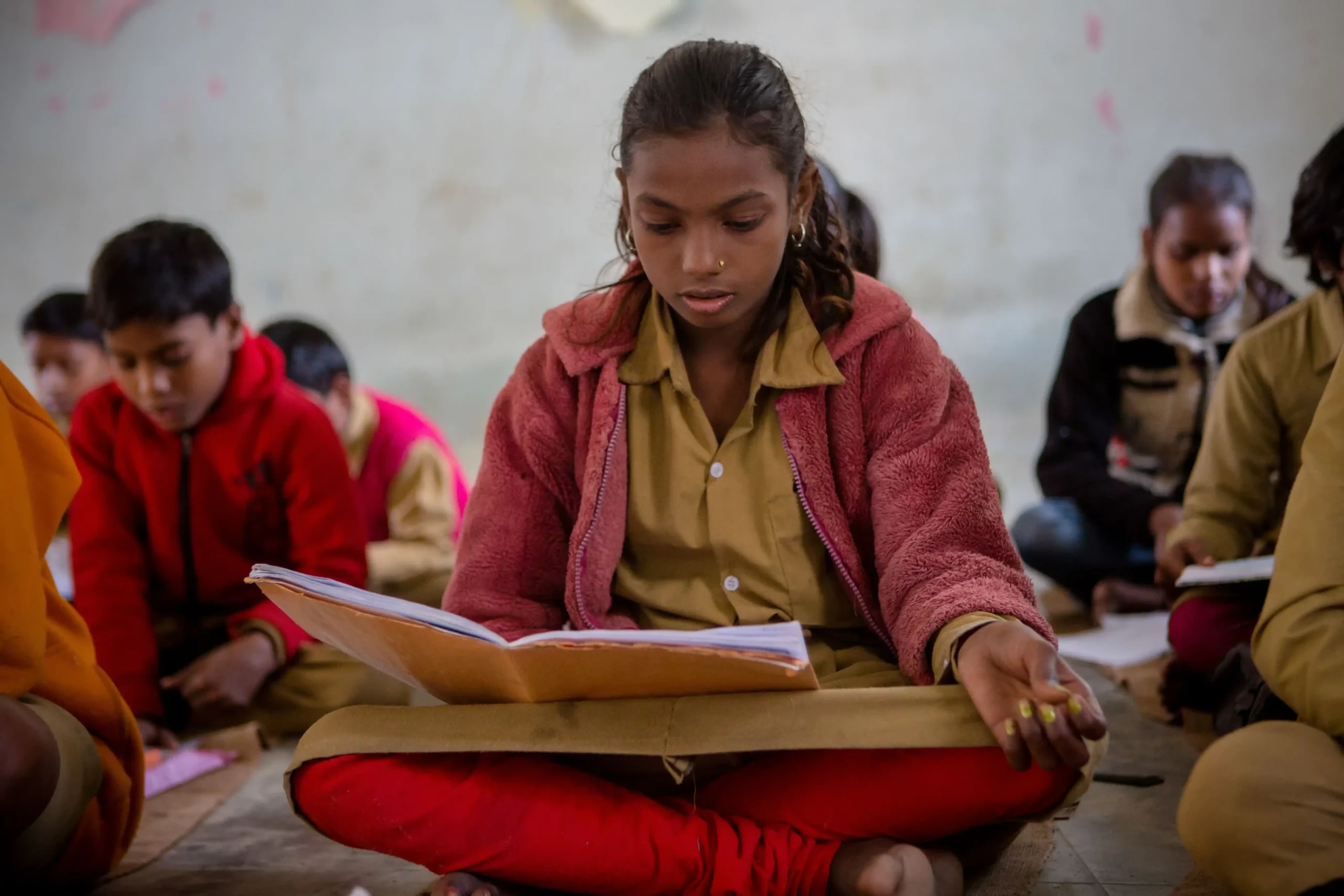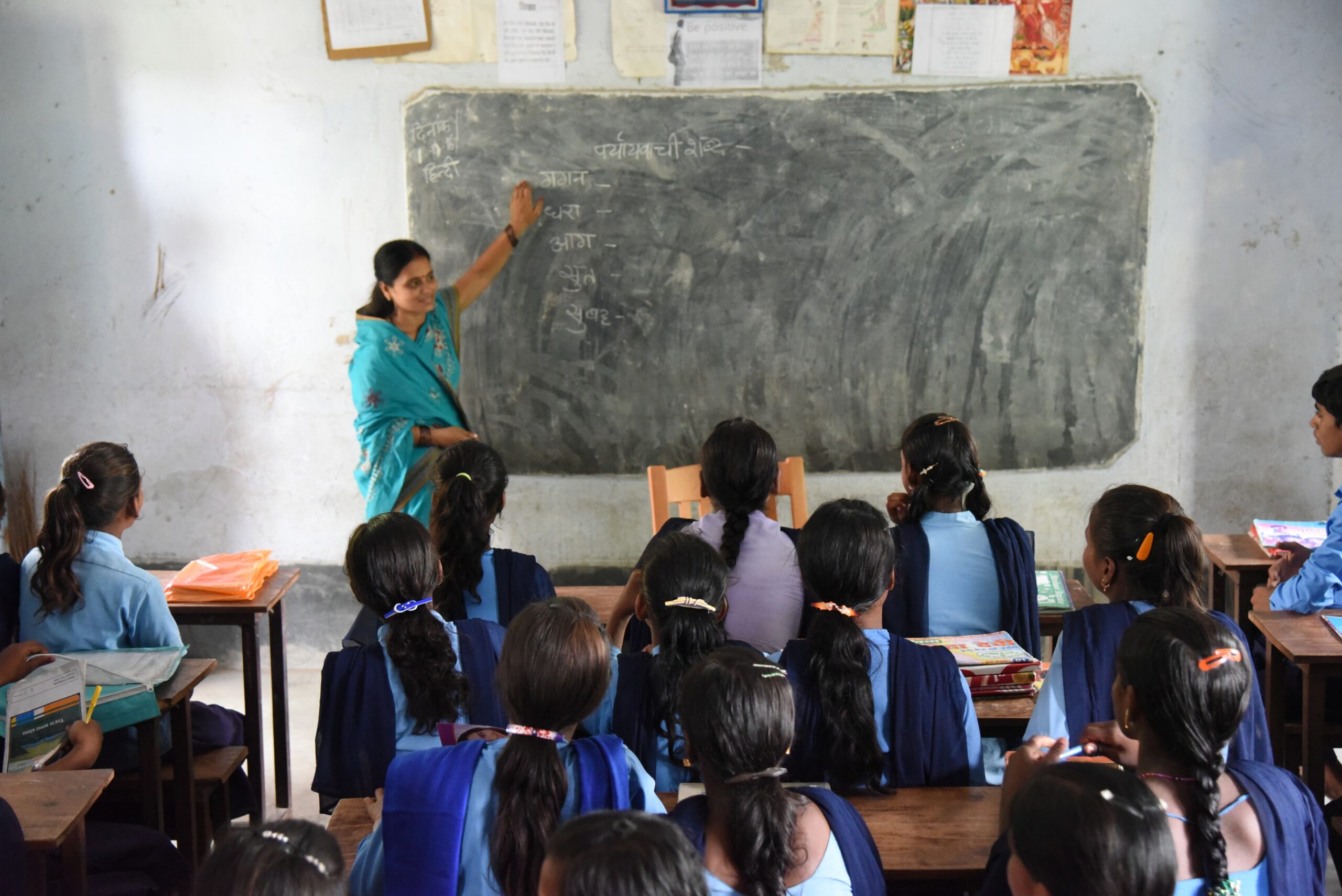
International Day of Women and Girls in Science: Celebrating the Girls in Science
Every year, the International Day of Women and girls in science brings the world together to celebrate curiosity, creativity, and the courage to expl....
Read MoreThe importance of early childhood education (ECE) in India is critical for shaping the nation’s future. Quality ECE fosters cognitive, social, and emotional skills essential for lifelong learning. Despite its significance, many children in India lack access to structured education, especially those from underprivileged backgrounds. The early years are vital for brain development, with ECE associated with better academic performance and essential skills for success in an evolving job market. Although programs like the Integrated Child Development Services (ICDS) and Anganwadi have made strides, challenges such as inadequate infrastructure and trained educators persist. Access to quality ECE can bridge socio-economic gaps, promote social mobility, and contribute to a more educated and equitable society. Organizations like CRY India play a vital role in advocating for these changes, ultimately supporting national progress through investment in early childhood education.

Early childhood education (ECE) in India plays a crucial role in shaping the nation’s future. Studies show that children who receive quality early education develop better cognitive, social, and emotional skills, which lay the foundation for lifelong learning. Despite its importance, millions of children in India still lack access to structured early education, making it a critical area for intervention.
The early years, from birth to age six, are a critical period for brain development. During this stage, children develop essential skills such as language, problem-solving, and emotional regulation. Research indicates that children exposed to simulated learning environments early in life tend to have higher IQs, better memory retention, and stronger interpersonal skills. Investing in early childhood education in India ensures that children are equipped with the necessary tools to succeed in life.
Early childhood education helps children perform better in primary and secondary school. They have improved literacy and numeracy skills, which help them excel academically. Moreover, early education helps in developing curiosity, creativity, and adaptability—skills essential for future success in an evolving job market. By ensuring access to early-childhood education in India, the country can improve literacy rates and build a more educated workforce.
India has made significant strides in expanding early-childhood education through programs like the Integrated Child Development Services (ICDS) and Anganwadi centers. However, challenges remain, including inadequate infrastructure, lack of trained teachers, and uneven access in rural and marginalized communities. Many children, especially from underprivileged backgrounds, miss out on preschool education, putting them at a disadvantage compared to their peers. Addressing these gaps is crucial to ensuring equal educational opportunities for all children.
Also Read: Education Schemes in India
A well-educated population drives innovation, economic growth, and social development. Early childhood education lays the groundwork for a skilled workforce, leading to higher productivity and better job opportunities. Furthermore, it helps in reducing dropout rates and improving the overall quality of education in the country. Investing in early-childhood education in India is not just about individual success but also national progress.
Education is a powerful tool for social change. When children from underserved backgrounds receive quality early education, it helps bridge the gap between different socio-economic groups. It enables them to compete on an equal footing with their more privileged peers. This, in turn, leads to greater social mobility and reduces income inequality in the long run. Making early childhood education in India accessible to all can create a more just and equitable society.
Organizations like CRY – Child Rights and You play a vital role in promoting early-childhood education. CRY works to improve access to quality education for underprivileged children by advocating for policy changes, improving learning environments, and supporting community-driven initiatives. Through its efforts, CRY ensures that every child gets a strong start in life, setting them on the path to a brighter future.
Early childhood education is crucial for cognitive, social, and emotional development. It lays the foundation for lifelong learning, improves academic performance, and helps build a skilled workforce for India's future.
ECE enhances brain development, improves language and communication skills, and fosters social and emotional well-being. It also helps children develop problem-solving abilities and resilience.
Challenges include inadequate infrastructure, lack of trained educators, insufficient government funding, and limited access to rural and marginalized areas. Addressing these issues requires policy reforms and community participation.
ECE leads to a more educated and skilled workforce, increasing productivity and economic development. It also reduces social costs associated with poverty, crime, and unemployment.
By providing equal learning opportunities to children from all backgrounds, early education helps bridge socio-economic gaps, promotes social mobility, and creates a more equitable society.
CRY India works to expand access to quality education, improve learning environments, and advocate for policy changes. Its initiatives ensure that every child, regardless of background, gets the opportunity to learn and thrive. Investing in early-childhood education in India is an investment in the nation’s future. By ensuring that every child has access to quality early learning, India can create a more educated, skilled, and equitable society.